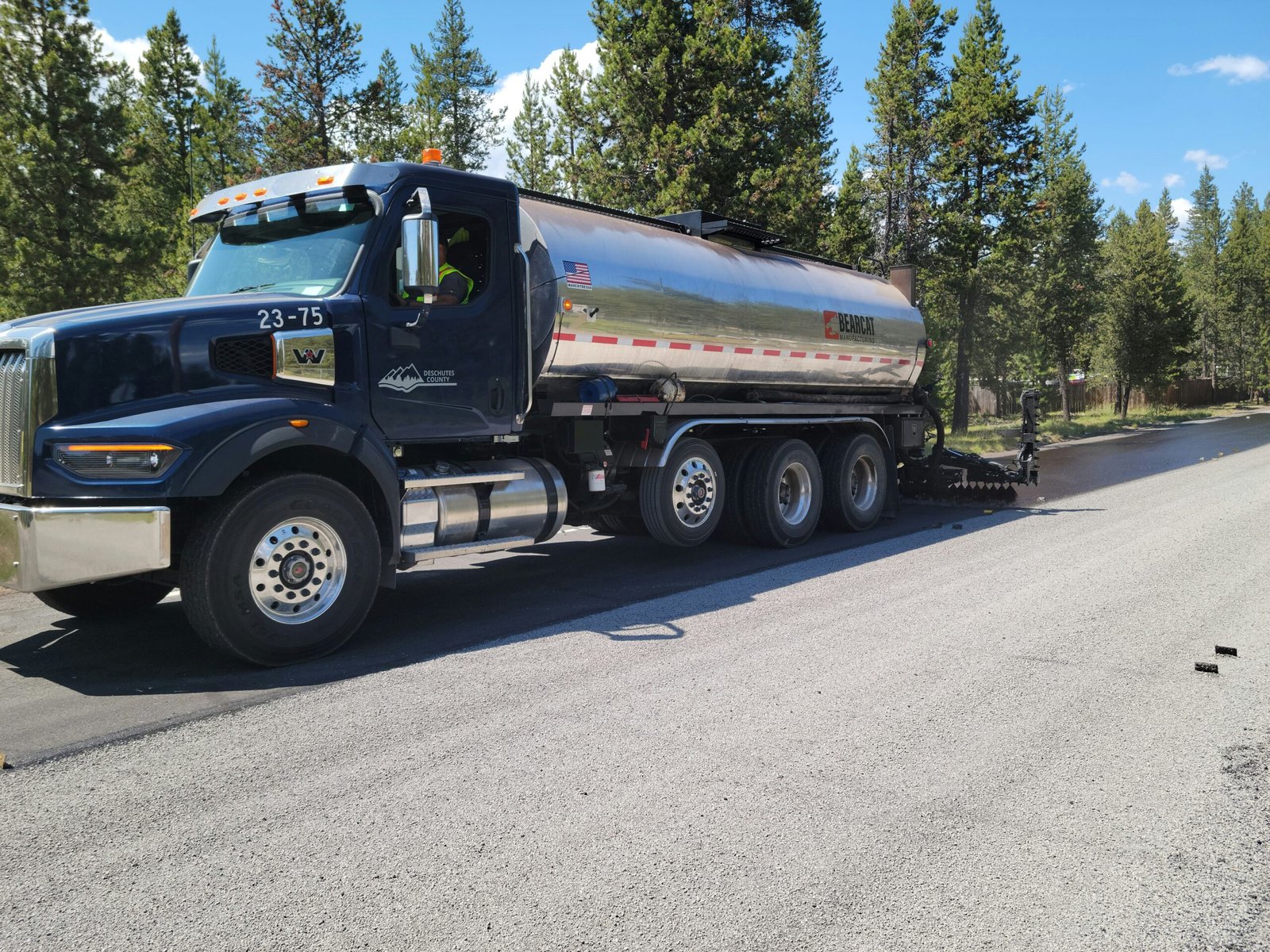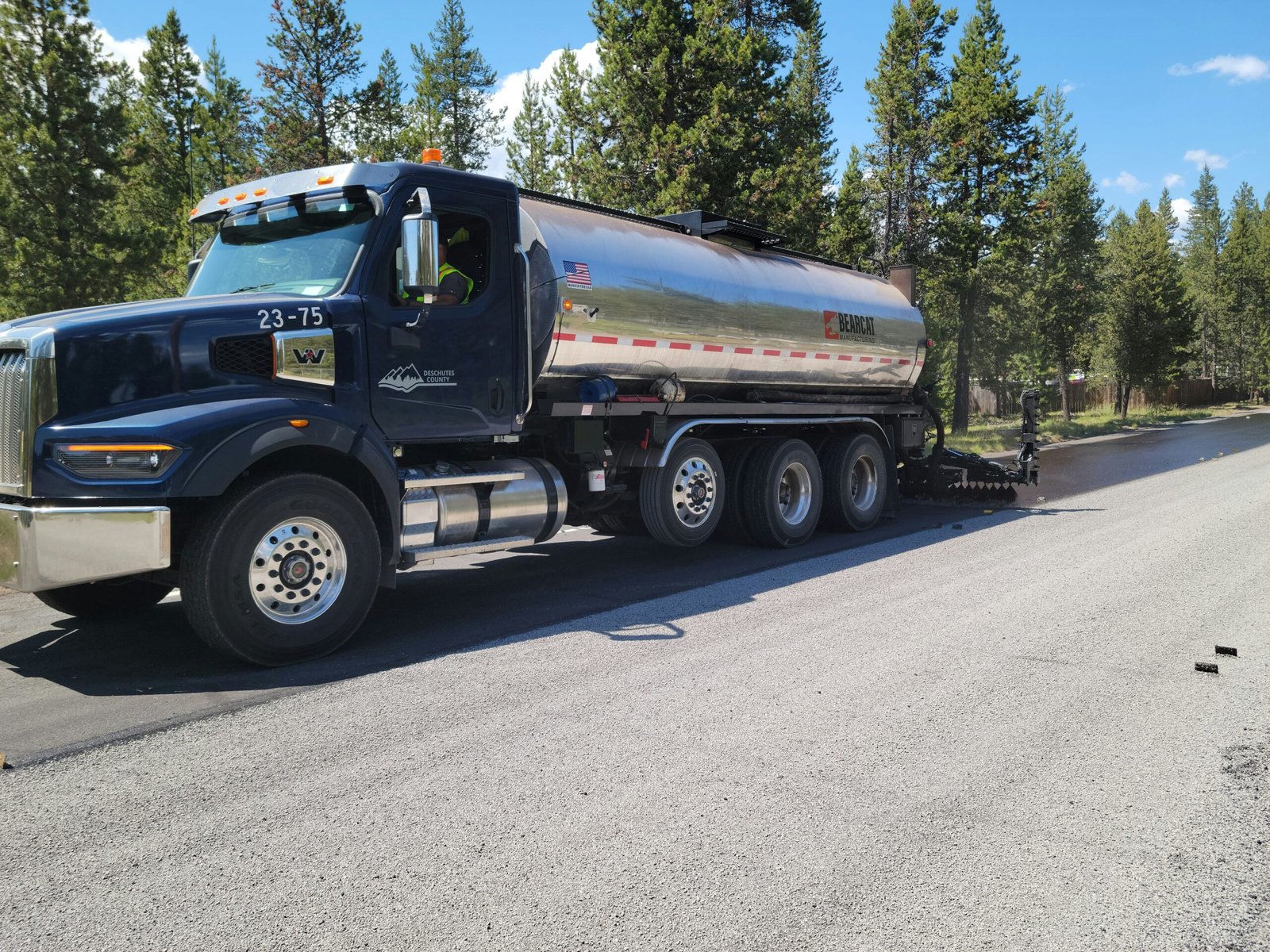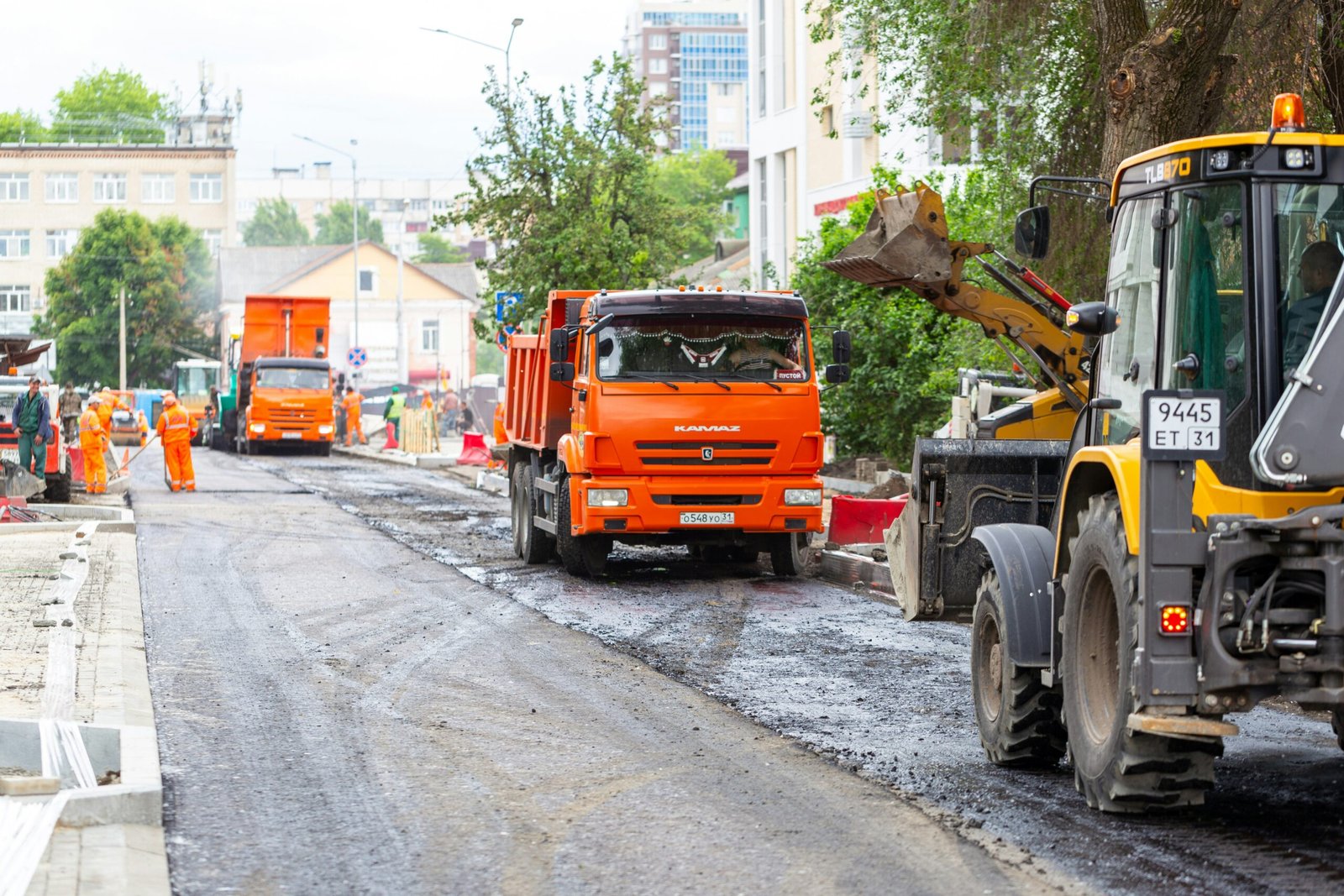
Road maintenance is not just about patching up potholes or repaving sections of road. It involves a comprehensive approach to preserving the integrity and functionality of the entire road network. This includes regular inspections, preventive maintenance, and timely repairs to address any issues that may arise.
Importance of Road Maintenance
One of the key reasons why road maintenance is so important is safety. Well-maintained roads provide better traction and visibility, reducing the risk of accidents. Cracks, potholes, and uneven surfaces can cause vehicles to lose control, leading to collisions and injuries. By investing in regular maintenance, we can ensure that our roads are safe for all users, including motorists, cyclists, and pedestrians.
Another crucial aspect of road maintenance is the preservation of infrastructure. Roads are a significant investment for any community, and proper maintenance can extend their lifespan. Regular inspections help identify early signs of deterioration, allowing for timely repairs that can prevent more extensive damage and costly reconstruction in the future. By taking care of our roads, we are protecting our investment and saving money in the long run.
In addition to safety and infrastructure preservation, road maintenance also plays a vital role in supporting economic growth. Well-maintained roads are essential for efficient transportation of goods and services, enabling businesses to operate smoothly and effectively. They also enhance connectivity between different regions, encouraging tourism and fostering economic development. Neglecting road maintenance can lead to increased travel times, vehicle damage, and transportation bottlenecks, which can have a negative impact on the local economy.
Furthermore, road maintenance contributes to environmental sustainability. Properly maintained roads minimize fuel consumption and emissions by providing smoother surfaces that reduce vehicle resistance. By keeping roads in good condition, we can promote sustainable transportation and contribute to efforts aimed at reducing carbon emissions and combating climate change.
In conclusion, road maintenance is of utmost importance for the safety, infrastructure preservation, economic growth, and environmental sustainability of our communities. It is a proactive approach that requires regular inspections, preventive measures, and timely repairs. By investing in road maintenance, we can ensure that our roads remain safe, efficient, and reliable for all users, both now and in the future.
Challenges in Road Maintenance
1. Aging Infrastructure
One of the ongoing challenges in road maintenance is dealing with aging infrastructure. Many roads were built decades ago and are now in need of repair or replacement. The continuous use of these roads, combined with the effects of weather and heavy traffic, can lead to wear and tear, requiring regular maintenance and rehabilitation.
2. Environmental Considerations
In recent years, there has been a growing emphasis on environmental sustainability in road maintenance. This poses a challenge for road maintenance teams as they need to find ways to minimize the environmental impact of their activities. This includes reducing carbon emissions, managing stormwater runoff, and adopting sustainable materials and construction practices.
3. Technological Advancements
The rapid pace of technological advancements also presents challenges for road maintenance teams. New technologies and materials are constantly emerging, offering more efficient and cost-effective solutions for road maintenance. However, implementing these innovations requires training and investment in new equipment and infrastructure.
4. Coordination with Other Agencies
Road maintenance is a complex task that often involves coordination with various agencies and stakeholders. This includes collaborating with utility companies for underground repairs, coordinating with law enforcement for traffic control, and working with local communities to address concerns and minimize disruptions. Effective communication and collaboration are essential to ensure smooth and efficient road maintenance operations.
Training and Education
5. Training and Education
Another crucial aspect of effective road maintenance is investing in training and education for maintenance teams. By providing ongoing training, road maintenance personnel can stay updated on the latest techniques and best practices in the industry. This can help them improve their skills and knowledge, enabling them to carry out maintenance tasks more efficiently and effectively.
Training programs can cover a wide range of topics, including safety protocols, equipment operation, and maintenance techniques. Road maintenance teams should also receive training on new technologies and equipment that can streamline their work and improve the quality of road repairs.
Furthermore, education plays a vital role in ensuring that road maintenance personnel have a deep understanding of the underlying principles of road construction and maintenance. This knowledge can help them make informed decisions and apply the most appropriate strategies for different road conditions and environments.
Investing in training and education not only benefits the maintenance teams but also contributes to the overall improvement of road infrastructure. Well-trained personnel are more likely to deliver high-quality maintenance work, resulting in safer and more reliable roads for the community.
Additional Benefits of Road Maintenance
6. Environmental Benefits
Effective road maintenance practices can also have positive environmental impacts. By keeping roads in good condition, it reduces the need for frequent resurfacing or reconstruction, which can generate significant amounts of waste materials. Additionally, well-maintained roads promote smoother traffic flow, reducing congestion and idling time. This, in turn, decreases vehicle emissions and air pollution, contributing to a cleaner and healthier environment.
7. Increased Road Durability
Regular maintenance and timely repairs help extend the lifespan of roads. By addressing minor issues such as cracks, potholes, or drainage problems, maintenance teams prevent these problems from escalating and causing more significant damage to the road structure. This proactive approach ensures that roads remain durable and functional for a longer period, reducing the need for costly reconstruction projects.
8. Safer Pedestrian and Cycling Infrastructure
Effective road maintenance not only benefits motorists but also pedestrians and cyclists. Well-maintained sidewalks, crosswalks, and cycling lanes provide a safe and convenient environment for non-motorized transportation. This encourages more people to walk or cycle, reducing traffic congestion, improving public health, and creating a more sustainable transportation network.
9. Tourism and Economic Development
Proper road maintenance plays a crucial role in attracting tourists and promoting economic development. Well-maintained roads enhance the overall aesthetic appeal of an area, making it more attractive to visitors. Additionally, smooth and safe roads facilitate the movement of goods and services, supporting local businesses and industries. This, in turn, stimulates economic growth, job creation, and increased revenue for the community.
10. Improved Road Network Resilience
By implementing effective road maintenance strategies, communities can enhance the resilience of their road networks. Regular inspections and repairs help identify vulnerable areas and address them promptly, reducing the risk of road failures during extreme weather events or natural disasters. This ensures that the road network remains functional, even in challenging circumstances, allowing for efficient emergency response and uninterrupted transportation.
11. Enhanced Public Perception and Satisfaction
Investing in road maintenance demonstrates a commitment to public safety and infrastructure upkeep. When communities prioritize road maintenance, it enhances public perception and satisfaction. Residents and visitors alike appreciate well-maintained roads, which can contribute to a positive image of the community and foster a sense of pride and belonging.
In conclusion, effective road maintenance brings a multitude of benefits, ranging from improved safety and cost savings to enhanced quality of life and environmental sustainability. By prioritizing regular inspections, timely repairs, and proactive maintenance practices, communities can ensure that their road networks remain safe, efficient, and resilient, benefiting both individuals and the overall community.




